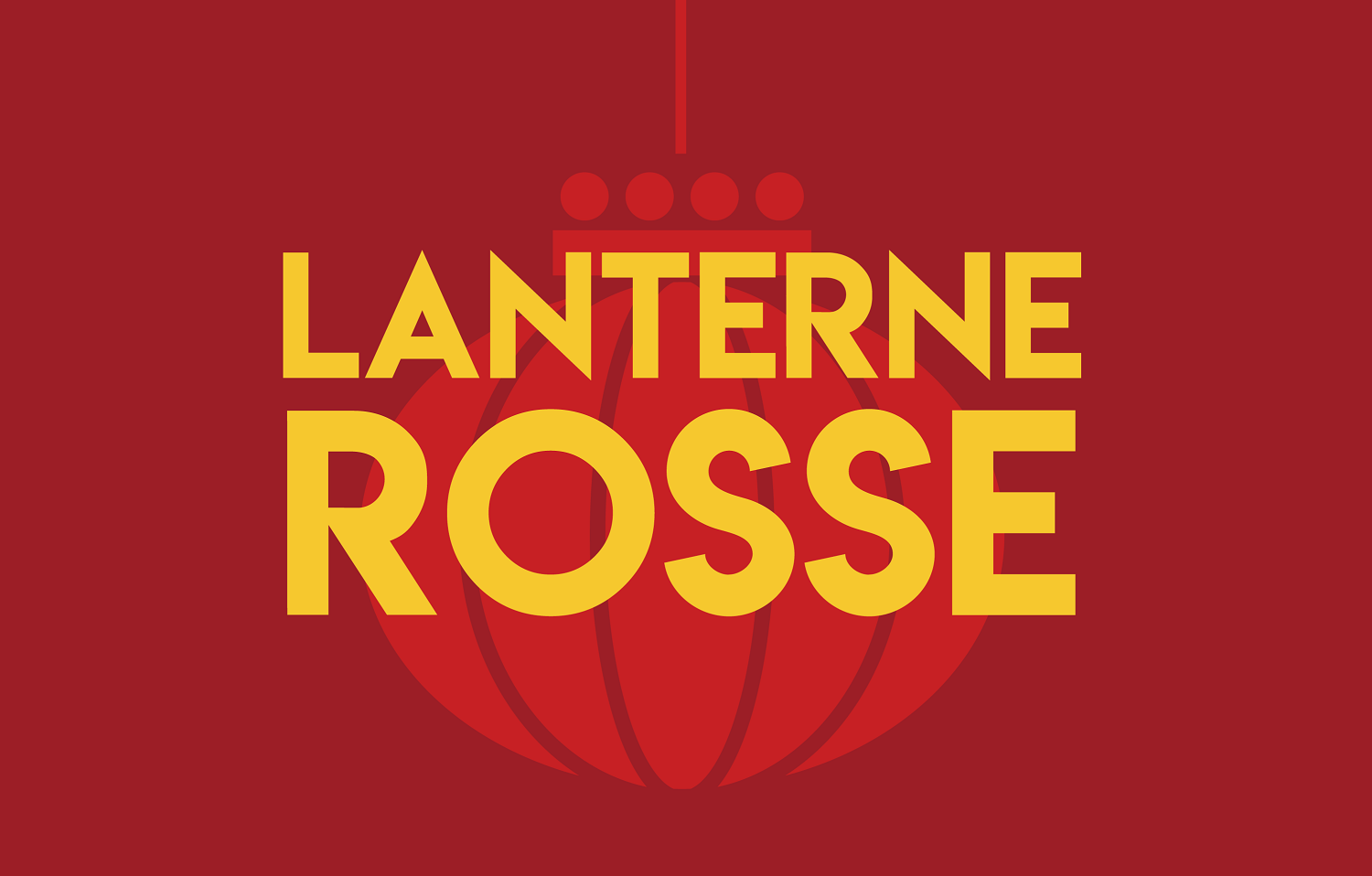When the dissident is a woman: Xi Jinping's repression of women activists is growing in China
A recent report by Chinese Human Rights Defenders highlights the rise in gender-based violence by the Chinese government. Unauthorised strip searches have become routine, while courts are increasingly obstructing defence lawyers’ work. Here are the stories of a few unjustly jailed human rights advocates.
Beijing (AsiaNews) – Women human rights activists have faced greater risks and rising pressures since Chinese President Xi Jinping came to power some 10 years ago.
Although the Communist Party of China professes to support gender equality, in reality it victimises women dissidents and feminists, this according to a recent report released by Chinese Human Rights Defenders (CHRD).
The study examined various forms of gender-based violence by Chinese authorities against feminists and women dissidents. The most common is strip searches at police stations and detention facilities without a proper mandate.
Witnesses who spoke to CHRD said that women activists are routinely subjected to this practice while in custody; in addition, they also are the object of verbal abuse and torture. Any attempt to bring the perpetrators to justice is usually thwarted.
He Fangmei is one of these women. When her now seven-year-old daughter was disabled after taking a faulty vaccine, she became a health rights advocate in Henan province, focused on Chinese vaccines.
Because of this, she was seized but no one was informed of her fate. She was eventually released, only to be detained again, this time on bigamy charges and “picking quarrels and provoking trouble”. For the UN Working Group on Arbitrary Detention (WGAD), her detention is “arbitrary.
She is not allowed to communicate with her husband (who is serving a five-year sentence) or their three children. Their two daughters have been confined to a psychiatric facility while their son is in foster care. He is currently held at the Xinxiang Detention Centre awaiting a verdict.
Huang Xueqin played a key role in launching the #MeToo movement in China in early 2018. She was detained in September 2021 and later charged with “inciting subversion”. She is currently held incommunicado in Guangzhou, subjected to torture (sleep deprivation).
Feminist activist Li Qiaochu was also accused of "inciting subversion”. In prison, she is suffering from the side effects of improper drug treatment and has been denied the medical care she needs.
According to the United Nations, Chinese authorities jailed her for communicating with two WGAD officials investigating enforced disappearances, and sharing details about the torture inflicted on her partner, Xu Zhiyong, and her colleague, lawyer Ding Jiaxi.
Li was only able to meet her lawyer in person this year, two years after she was detained. A few weeks ago, her trial was suspended because her lawyers challenged the court's obstruction of their ability to defend their client.
Kamile Wayit, a 19-year-old Uyghur student, was convicted last March for "advocating extremism". Her crime? Sharing a blank paper protest video.
Chen Jianfang, an activist from Shanghai, was sentenced to four-and-a-half-years for "subversion". Her charge sheet includes calling on Chinese civil society groups to push China to respect UN human rights mechanisms, protesting against the Communist Party’s authoritarian rule, and supporting constitutional democracy. Victim of enforced disappearance in 2019, she was put on trial in March 2021.
Finally, the report also cites the case of Zhang Zhan, a lawyer and journalist. In February 2020, she travelled to Wuhan to document the imprisonment of independent journalists trying to probe Chinese responsibility in the COVID-19 pandemic.
For her troubles, she was tried, convicted, and sentenced to four years in prison for “picking quarrels and provoking trouble”. Because of her repeated hunger strikes, prison authorities have resorted to force-feeding her; as a result, her health has deteriorated dramatically.
12/11/2020 17:29
09/08/2021 16:41







.png)










